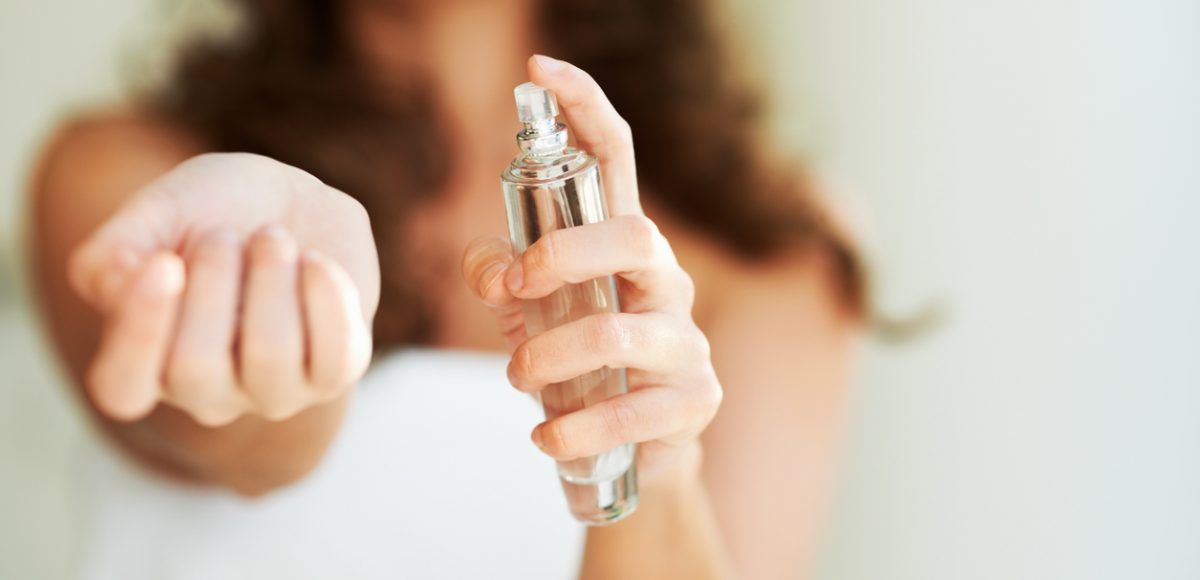Tattoos are becoming increasingly popular with both women and men. Just because it’s normal doesn’t mean you can accept it. If you’d like to have tattoos or ask your kids for your permission, here are some potential health issues that you need to understand and address.
Tattooed blood infections are rare. But it is the most dangerous and possibly the deadliest. Tattoos are an invasive procedure. Your skin is cracked and you can come into contact with infected blood if proper safety precautions are not followed. Risks include HIV / AIDS infections, as well as hepatitis B, hepatitis C, and tetanus. Forget about getting tattoos at home Make sure your technician is licensed as per each state’s requirements. Always wash your hands and wear gloves. Make sure the needle is unpacked, sterilized, and later discarded. Please note that no one is allowed to donate blood for one year after the tattoo. So take care of your own health and don’t endanger others.
Less serious infections and allergies are another problem that can arise when tattooed or removed. You may suddenly become allergic to a tattoo that you have had for years. For some reason, the red pigment has the worst cause of an allergic reaction. Symptoms include rash, itching, pain, and swelling. A build-up of pus, yellow, or brownish fluid can indicate a serious bacterial infection and may require medical attention. Some people develop a granuloma, a small bump around the tattoo. Others may be more prone to the formation of scar tissue called keloids. Another unexpected reaction is burning sensation and swelling during an MRI scan or visual disturbance, especially in patients using permanent Eyeliner tattoo. If you are concerned, let your technician know in advance about the tattoo you have.
Make a careful decision about getting a permanent tattoo as erasing is a problem in itself. It can be time consuming and expensive. Insurance companies generally don’t pay for removal unless there is a medical need. Although the laser treatments available today are often improved compared to older methods such as skin resurfacing. However, the results are rare and inconsistent. All removal procedures should be performed by a dermatologist or other medical professional instead of a tattoo artist. Familiarize yourself with the risks of tattooing and protect your health by choosing a qualified professional and following care advice.
Always take care of your health. But always keep it clean, use clean items, wear clean clothes, eat healthy foods, and take vitamin supplements.




